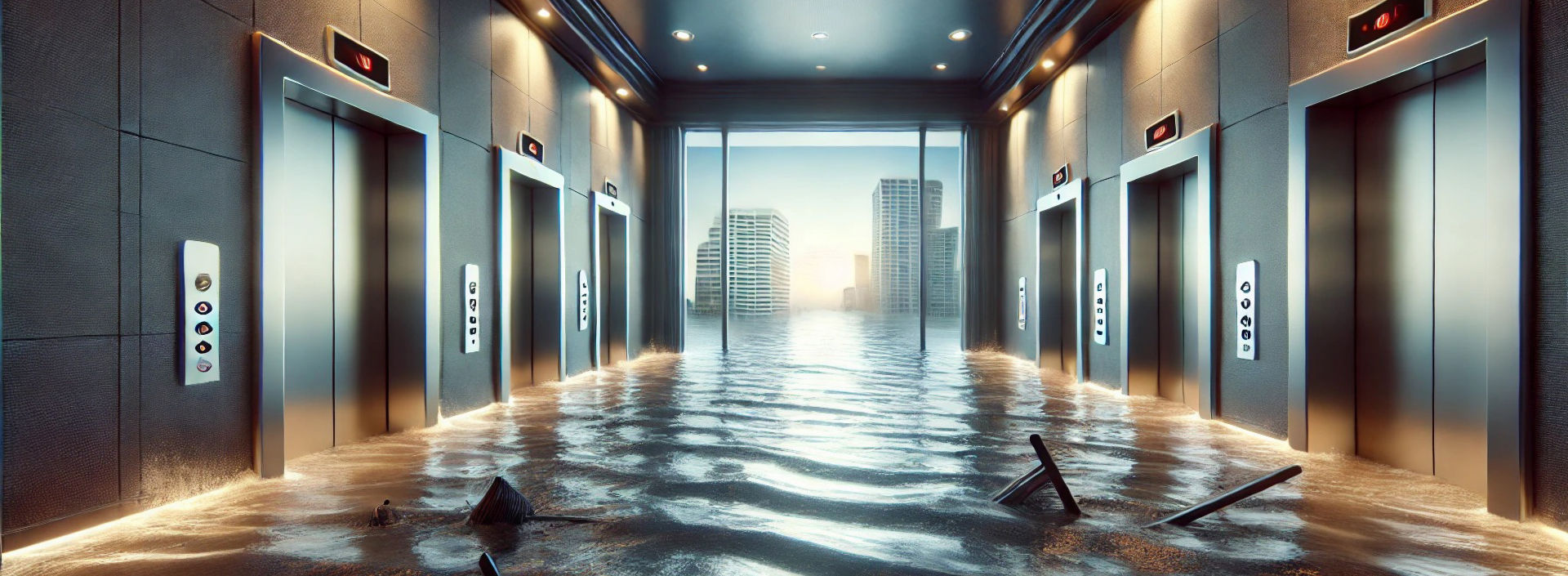Natural disasters are unpredictable events that can pose significant risks to our safety and well-being. While often overlooked, elevator safety during these emergencies is crucial. Knowing how to act during an earthquake, hurricane, flood, or other catastrophic events can be the difference between life and death. This article provides comprehensive guidance on elevator safety in various natural disasters.
Elevator Safety in Earthquakes
- If you're inside an elevator:
- Stay calm and do not panic.
- If the elevator stops, use the alarm or intercom to call for help.
- Do not attempt to pry open the doors.
- Wait for emergency responders to arrive.
- If you're outside an elevator:
- Do not use elevators during or after an earthquake.
- Take the stairs instead.
Elevator Safety in Hurricanes and Floods
- Before the storm:
- Check for evacuation notices from building management.
- Avoid using elevators if flooding is expected.
- During the storm:
- Do not use elevators under any circumstances.
- Seek shelter in a safe, designated area.
- After the storm:
- Wait for building officials to inspect and clear elevators before using them.
Elevator Safety in Fires
- General Rule: Never use elevators during a fire. Always use the stairs. Elevators can become death traps in a fire due to smoke inhalation, power outages, and potential malfunction.
- Exception: If a firefighter explicitly instructs you to use an elevator, follow their directions. They may have assessed the situation and determined it's safe to use the elevator in Phase II operation, a special mode that allows firefighters to control the elevator during emergencies.
Elevator Safety in Other Disasters
- Power outages: Elevators are often equipped with backup power, but if the power goes out, use the stairs.
- Other emergencies: Follow instructions from building management or emergency responders.
General Elevator Safety Tips
- Familiarize yourself with the location of emergency exits and fire extinguishers in the building.
- Pay attention to any announcements from building management regarding elevator safety.
- If you feel an elevator malfunctioning, report it to building management immediately.
Additional Considerations
- People with disabilities: If you have mobility issues, inform building management in advance about your needs during an emergency.
- High-rise buildings: Evacuating a high-rise building can be challenging, so have a plan in place.
Elevator safety during natural disasters is a critical aspect of personal preparedness. By following these guidelines and staying informed, you can significantly increase your chances of staying safe during these unpredictable events. Remember, prioritize your safety and always follow instructions from building management or emergency responders.
All information provided on this blog/article related to elevator safety is for informational purposes only. The content is not intended to be a substitute for professional safety advice or regulations. Always adhere to the safety guidelines and regulations provided by your jurisdiction and elevator manufacturers. Consult with a qualified professional for advice on elevator safety matters specific to your situation. KONE and its affiliates disclaim any liability or responsibility for errors or omissions or for any damages resulting from the use of the information contained herein.
